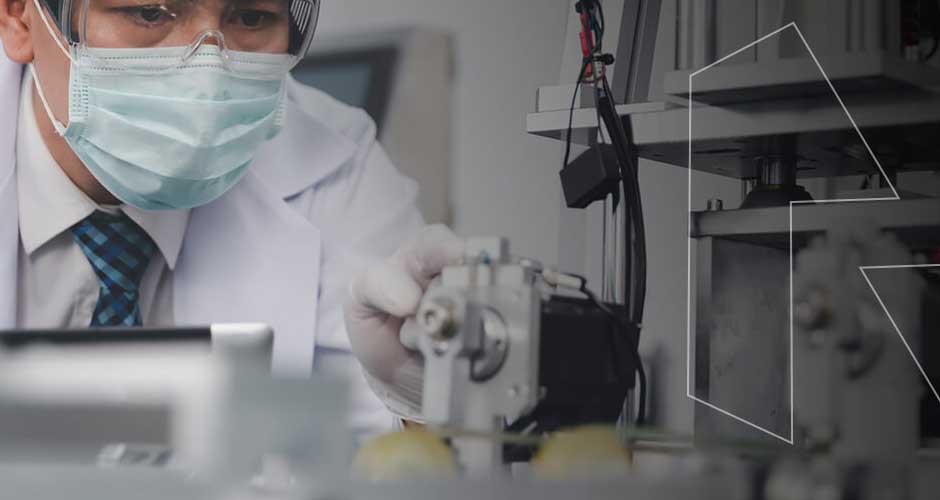The manufacturing of medical devices is a field where precision, reliability, and adherence to strict regulatory standards are paramount. As medical technologies evolve and the demand for medical devices grows globally, manufacturers are increasingly turning to industrial automation to enhance production capabilities while maintaining the high quality required in the healthcare sector. A critical component in this technological advancement is the servo drive controller, which plays a vital role in ensuring the precise operation of automated systems. This article explores the integration of industrial automation, particularly focusing on servo drive controllers, in the medical device manufacturing industry.
Importance of Automation in Medical Device Manufacturing
Medical devices, ranging from simple instruments like scalpels to complex implantables such as pacemakers, require meticulous attention to detail in their production to ensure they function safely and effectively. Industrial automation provides several key benefits to manufacturers in this sector:
- Precision and Consistency: Automated systems, guided by servo drive controllers, achieve high precision in manufacturing processes, essential for producing consistent and reliable medical devices.
- Increased Production Capacity: Automation allows for faster production speeds, enabling manufacturers to meet increasing market demands without compromising quality.
- Cost Efficiency: While the initial investment in automation technology can be significant, the long-term benefits include reduced labor costs and decreased waste, leading to substantial cost savings.
- Enhanced Compliance: Automated systems can be programmed to comply with strict manufacturing protocols, ensuring consistent adherence to regulatory standards.
Role of Servo Drive Controllers in Medical Device Manufacturing
Servo drive controllers are integral to the precise control of automated machinery used in the manufacturing of medical devices. These controllers like DKC04.3-100-7-FW manage the speed, position, and torque of servo motors, ensuring exact movements required in various manufacturing processes:
- Assembly Operations: Many medical devices consist of small, intricate components that must be assembled with high accuracy. Servo drive controllers manage robotic arms and other assembly machines to ensure precise component placement and assembly.
- Machining and Fabrication: Cutting, milling, and shaping of materials such as titanium and stainless steel for surgical instruments and implants require controlled operations that servo drive controllers facilitate.
- Testing and Quality Control: Servo drive controllers also play a role in automated testing rigs that perform functional checks on medical devices, ensuring that each product meets quality standards before it reaches the market.
Key Applications of Automation in Medical Device Manufacturing
- Surgical Instruments: Automation is used to produce a variety of surgical tools with precision. This includes everything from scalpel blades to complex robotic surgery systems.
- Diagnostic Equipment: Devices such as blood glucose monitors and MRI machines are produced using automated systems to ensure high reliability and accuracy.
- Implantable Devices: The production of implantables like stents, pacemakers, and joint replacements uses automation to achieve the precise engineering required for these life-supporting devices.
- Prosthetics and Orthotics: Customized prosthetics and orthotic devices benefit from automation in terms of both manufacturing and customization, allowing for personalized adjustments based on patient-specific data.
Challenges in Automating Medical Device Manufacturing
Despite its many benefits, the integration of industrial automation in medical device manufacturing presents several challenges:
- High Regulatory Standards: The medical device industry is one of the most heavily regulated industries. Ensuring that automated systems comply with global standards such as the FDA (Food and Drug Administration in the U.S.) and the EU’s Medical Device Regulation (MDR) can be complex and costly.
- Complexity in Customization: Many medical devices need to be customized to individual patients. Developing automated systems that can handle customization at scale is technically challenging.
- Investment Costs: The cost of high-end automation systems, especially those that include advanced servo drive controllers and other precision technologies, is substantial, which can be a barrier for smaller manufacturers.
Future Trends in Automation for Medical Device Manufacturing
Looking forward, the role of industrial automation in medical device manufacturing is set to grow, driven by advances in technologies such as:
- Artificial Intelligence and Machine Learning: These technologies are enhancing the capabilities of automated systems to perform complex tasks such as predictive maintenance and even autonomous decision-making in production processes.
- 3D Printing: Integration of 3D printing with automation is opening new avenues for creating customized implants and prosthetic devices directly from patient scans.
- Internet of Things (IoT): IoT technology is enabling greater connectivity between devices on the production floor, enhancing data collection and real-time monitoring of manufacturing processes.
Conclusion
Industrial automation, spearheaded by the precise control provided by servo drive controllers, is reshaping the landscape of medical device manufacturing. By enhancing precision, efficiency, and compliance, automation technologies are not only improving the ways medical devices are produced but are also helping manufacturers meet the growing global demand for high-quality medical products. As technology continues to advance, the integration of more sophisticated automation solutions will further revolutionize this critical industry, ensuring it can meet the challenges of modern healthcare demands.
